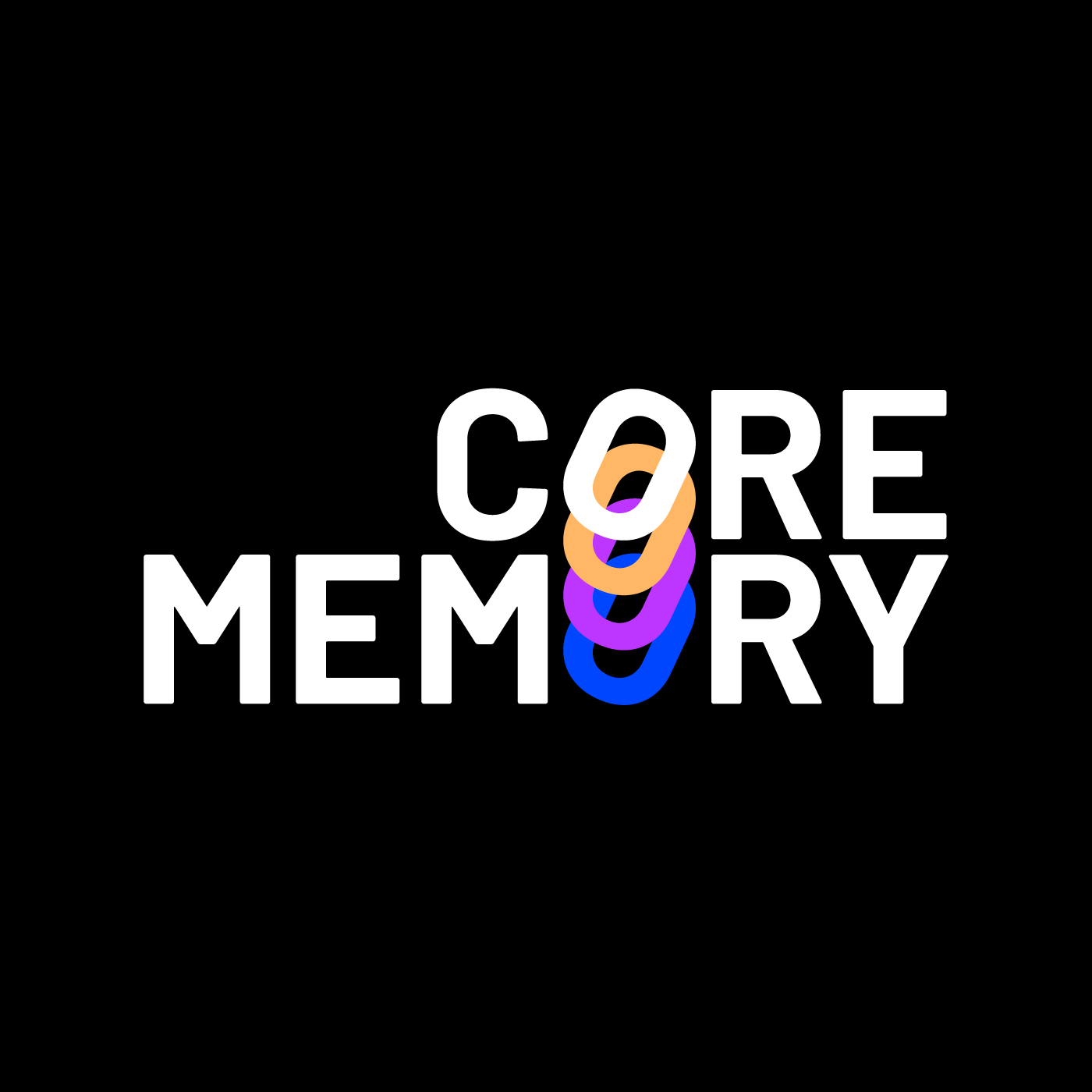Today's Top Episodes
Viewing Podcast: Podcast
AI
Arts
Business
Crypto
Finance
Health
History
Interviews
Investing
Macro
Misc
News
Politics
Product
Programming
Science
Social
Startups
Technology
VC

Using Red Light to Improve Metabolism & the Harmful Effects of LEDs | Dr. Glen Jeffery
Duration: 02:14:25
December 1, 2025
- The conversation emphasizes the significant, often overlooked, impact of light spectrum and quality on human biology and health, extending beyond vision to influence metabolism, mood, and overall well-being.
- A key theme is the detrimental effects of modern artificial lighting, particularly blue-heavy LEDs, and the potential of restoring a natural light balance through practices like increased outdoor exposure, natural light integration in buildings, and specific light therapies.
- The discussion highlights the crucial role of mitochondria health in longevity and disease prevention, noting their sensitivity to light wavelengths and the potential of specific light exposures, especially in the morning, to optimize their function.

Essentials: Using Hypnosis to Enhance Mental & Physical Health & Performance | Dr. David Spiegel
Duration: 00:34:57
November 27, 2025
- Hypnosis is a naturally occurring state of highly focused attention and cognitive flexibility that can be used as a powerful therapeutic tool to alter perception and rapidly induce change.
- Hypnosis, the oldest Western conception of psychotherapy, has a long history of medical application, including anesthesia and pain control, and modern brain imaging studies are now validating its physiological effects.
- The Ry app democratizes hypnosis, offering accessible self-hypnosis programs for conditions like pain, insomnia, and stress, providing substantial relief comparable to clinical interventions and demonstrating large effect sizes in studies.

Female Hormone Health, PCOS, Endometriosis, Fertility & Breast Cancer | Dr. Thaïs Aliabadi
Duration: 03:07:27
November 24, 2025
- Dr. A's personal journey from immigrating to the US after the Iranian Revolution to becoming a leading OBGYN highlights the profound impact of overcoming adversity and advocating for women's health.
- She emphasizes the critical importance of proactive women's health screenings, including regular pelvic ultrasounds, hormone checks, and especially egg count assessments, starting at a young age.
- The discussion underscores the prevalence and often overlooked nature of conditions like PCOS and endometriosis, stressing the need for empowered patients to seek accurate diagnoses and personalized treatment plans.

Essentials: Science of Building Strong Social Bonds with Family, Friends & Romantic Partners
Duration: 00:36:33
November 20, 2025
- Social bonds are governed by a social homeostasis circuit involving detectors (ACC, BLA), a control center (hypothalamus), and an effector (dorsal raphe nucleus dopamine neurons), with the prefrontal cortex adding a layer of subjective understanding and hierarchy.
- Introversion and extroversion can be understood through dopamine release patterns, where introverts experience greater dopamine release from sparser social interactions, while extroverts require more interaction to achieve similar feelings of satisfaction.
- Deepening social bonds involves both emotional empathy (synchronizing autonomic states like heart rate and breathing, often achieved through shared experiences like narratives) and cognitive empathy (understanding how another person thinks and feels).

How to Speak Clearly & With Confidence | Matt Abrahams
Duration: 02:26:20
November 17, 2025
- Manage anxiety not eliminate it by addressing its emotional, behavioral, and cognitive symptoms, and by focusing on being present rather than on potential negative outcomes.
- Reframe public speaking as a conversation, not a performance, reminding yourself that audiences want you to succeed and viewing mistakes as "missed takes" rather than failures.
- Combat filler words by "landing" your phrases with a complete exhale, creating natural pauses that enhance confidence and prevent speaking while inhaling.

Essentials: Breathing for Mental & Physical Health & Performance | Dr. Jack Feldman
Duration: 00:49:45
November 13, 2025
- Breathing is controlled by two distinct brainstem centers, the pre-Botzinger complex for inspiration and the retro trapezoid nucleus for active expiration, which govern various breathing patterns influencing our mental and physical states.
- Physiological sighs, occurring automatically every few minutes, are crucial for re-inflating collapsed alveoli in the lungs, preventing degradation of lung function and overall health.
- Breathing patterns are intricately linked to emotional and cognitive states, with inhaled breaths potentially enhancing alertness and memory encoding, while deliberate breathwork can disrupt negative neural circuits, offering a pathway to improved well-being.

How Your Thoughts Are Built & How You Can Shape Them | Dr. Jennifer Groh
Duration: 02:16:34
November 10, 2025
- The brain integrates sight and sound from early on, with the superior coliculus dynamically updating auditory maps based on eye movements to prepare for incoming visual information.
- Thinking is defined as the brain running simulations using its own sensory and motor systems offline, functioning like internal virtual reality that requires physical resources.
- To manage focus and attention, which are depletable resources, practitioners can employ interval training for the brain, taking short breaks between intense work periods to allow for recovery.

Essentials: Erasing Fears & Traumas Using Modern Neuroscience
Duration: 00:39:45
November 6, 2025
- The brain's threat reflex is a generic, adaptable system that can be activated by memories or immediate experiences and has outputs for survival responses like freezing or fight-or-flight.
- Overcoming fear and trauma involves a two-step process: first, extinguishing the fear response through detailed recounting or exposure, and second, relearning new, positive narratives and associations with those previously frightening events.
- Deliberately entering short bursts of self-directed stress for five minutes a day, such as through specific breathing exercises, may be a powerful and low-cost tool to recalibrate the system and alleviate chronic stress, fear, and trauma.

Using Existing Drugs in New Ways to Treat & Cure Diseases of Brain & Body | Dr. David Fajgenbaum
Duration: 01:58:53
November 3, 2025
- The speaker shares a personal journey of near-fatal illness with Castleman disease, transforming it into a mission to drive research and treatment development.
- A distinct "collaborative network approach" to rare disease research is proposed, emphasizing community involvement, research prioritization, and drug repurposing.
- The story highlights the potential of repurposing existing drugs, exemplified by the speaker's own successful treatment with Sirolimus, a drug originally developed for kidney transplantation.

Essentials: The Biology of Slowing & Reversing Aging | Dr. David Sinclair
Duration: 00:39:07
October 30, 2025
- Aging is a disease that can be slowed or reversed by understanding and intervening in the cellular and molecular pathways that govern it.
- The epigenome, which controls gene expression, is a critical factor in aging, and its "scratches" or disruptions lead to cellular dysfunction and age-related diseases.
- Intermittent fasting, particularly by skipping a meal daily and creating periods of non-feeding, is a powerful behavioral intervention that activates longevity genes and improves metabolic health.
...




